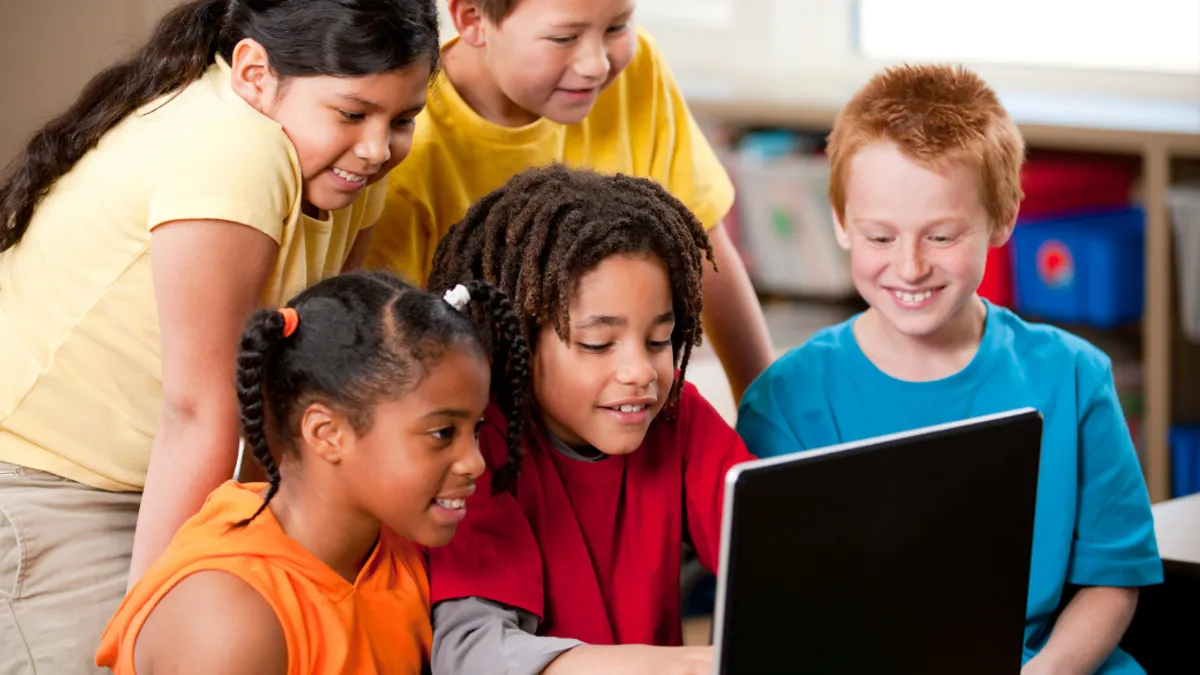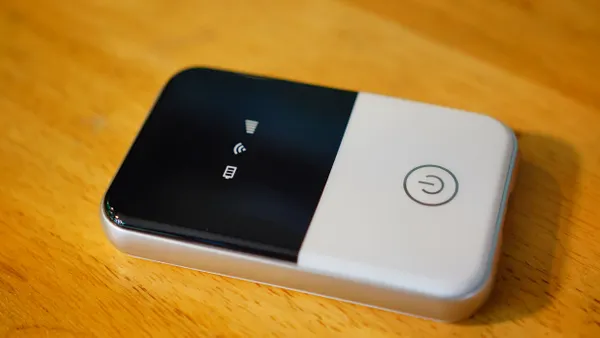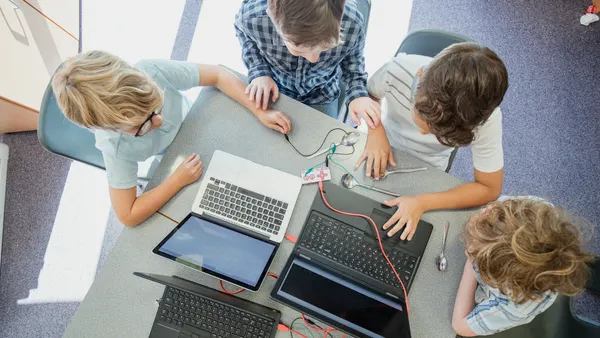We’re seeing such a rapid transformation in the world of technology that’s impacting our work as educators and the workforce. AI, automation, and emerging technologies are continuing to redefine the career outlook making it hard to predict future jobs and what it means to be career-ready.
The World Economic Forum outlines the top in-demand skills helping educators prepare students for whatever careers may be available in their future. Educators need to prepare students to develop a variety of skillsets that will help them be more successful without knowledge of what jobs will exist years down the road. Connecting students to real-world opportunities provides them with experiences that will lead to future success.
With technology, students need to understand how to use it appropriately and continue to build their technological literacy skills to be prepared. Incorporating career-connected learning is necessary so that all students have opportunities to explore careers of interest.
Redefining Career Readiness
In the past, “career readiness” meant preparing students with a solid academic foundation and 21st-century or future-focused skills. In today’s world, this is still essential, but it also means equipping students with adaptability, digital literacy, ethical reasoning, and the ability to navigate complex technologies, often powered by AI. Fortunately, there are online career learning programs, such as Defined, which offer educators an innovative and engaging approach to introduce students to different professions, ignite their passions, and empower them to design and shape their futures.
Preparing students means they not only need to know how to collaborate and communicate with one another, but they also need to understand how to use technology like ChatGPT and other generative AI to brainstorm ideas, serve as a thought partner, or access, analyze, and evaluate information they receive. Jobs are increasingly requiring employees who are skilled in AI, so educators need to prepare students in their classrooms now.
Classrooms should provide spaces where students have time to explore their interests, develop critical skills, and dream big. Career-connected learning is about relevance, purpose, and real-world experience. Designing hands-on activities for students that simulate real-world scenarios sparks curiosity and guides students to discover what their interests may be. Educators can empower and prepare students for what lies ahead in the careers of the future.
Why It Matters More Than Ever
The World Economic Forum’s “Future of Jobs” report predicts that by 2027, over 85 million jobs will be displaced due to automation and AI, but another 97 million will emerge. These roles will demand higher-level cognitive skills, digital agility, and ethical decision-making. Roles like AI ethics consultants and data privacy advocates are already in demand, but most high school students have never heard of them. The World Economic Forum also projects that by 2027, more than half of all workers will require reskilling. The skills needed are evolving and many jobs that will be created remain unknown.
So the question becomes, are we preparing students to fill them? Career-connected learning is our bridge between what students are learning and what the world needs. If we want to build tomorrow’s skills today, educators need to think about shifting mindsets and opportunities now. Here are some strategies to share when working with districts and leadership teams:
- Create Interdisciplinary Learning Experiences: Design career-connected modules across different subjects. Math + art = data visualization. ELA + CS = ethical storytelling with AI.
- Leverage AI Tools to Design Career-Ready Tasks: Tools like Eduaide, Kira Learning, Knowt, MagicSchool AI, and Brisk Teaching help educators create simulations and career scenarios aligned with workforce demands.
- Partner with Industry & Community Organizations: Reach out to local businesses, universities, and nonprofits for guest speakers, job shadowing, mentorships, and project feedback.
- Empower Students to Teach & Lead: Let students lead tech help desks, create digital safety campaigns, or tech lessons for staff.
- Engage in Challenges: KnoPro challenges provide valuable opportunities for high school students to “try out” different career paths, learn in-demand skills, and earn prizes by completing real-world tasks.
A Human-Centered Future
Career-connected learning isn’t just about the development of skills. It’s about helping all students answer, “Who am I? Where am I going? How can I make a difference?”
As we prepare students for a future shaped by emerging technologies, educators must also focus on essential human skills. Educators are helping students to become problem solvers and change-makers, and to do so, we need to provide a variety of career-learning experiences for all students.
This is a summary of a blog article from the Defined Educators Blog by Rachelle Dené Poth. To read the full article, please click here.











